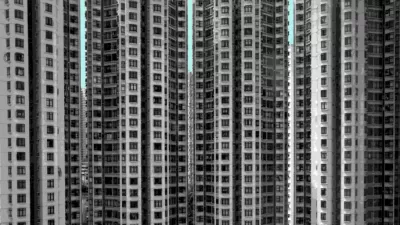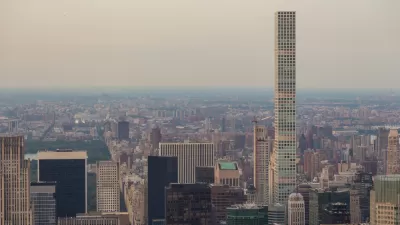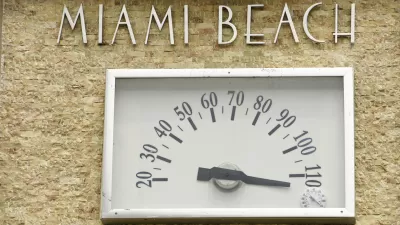A recent study reveals the detrimental impact of hot nights compared to hot days, with the region experiencing hotter summers and more hot days due to climate change and the heat island effect.

Hong Kong has been experiencing hotter summers and more extreme hot days in recent years due to climate change and the heat island effect. A study from the Chinese University of Hong Kong (CUHK) found that hot nights pose a greater threat to public health than hot days. Specifically, researchers found that consecutive hot nights are more detrimental to human health than very hot days, although the actual temperature does not reach daytime levels.
Apparently, consecutive hot nights brought more health problems compared with very hot days, especially for five or more consecutive hot nights. It was also found that when consecutive very hot days were joined with consecutive hot nights, such as two consecutive very hot days with three hot nights, the health impact was significantly amplified, compared with only consecutive very hot days. Females and older adults were found to be relatively more vulnerable to extreme hot weather.
According to Kevin Ka-Lun Lau from the Institute of Future Cities at CUHK, "Nighttime is supposed to provide the body with a chance to recover and rest from the heat of the day, but hot nights make the recovery and resting less effective. Due to the congested living environment with poor air ventilation, the occupants in sub-divided flats are particularly vulnerable and not able to recover from the heat of the day.”
The research also identified the lack of urban greenery and poor air ventilation in a high-density context as factors that contribute to more hot nights than hot days in some areas. The team suggests better urban planning and building design as long-term mitigation measures. They also argue that improved city and indoor natural ventilation and an increased greenery ratio would help to mitigate higher air temperatures and could improve public health.
FULL STORY: Calls for better urban planning to improve public health in Hong Kong

Planetizen Federal Action Tracker
A weekly monitor of how Trump’s orders and actions are impacting planners and planning in America.

Map: Where Senate Republicans Want to Sell Your Public Lands
For public land advocates, the Senate Republicans’ proposal to sell millions of acres of public land in the West is “the biggest fight of their careers.”

Restaurant Patios Were a Pandemic Win — Why Were They so Hard to Keep?
Social distancing requirements and changes in travel patterns prompted cities to pilot new uses for street and sidewalk space. Then it got complicated.

Platform Pilsner: Vancouver Transit Agency Releases... a Beer?
TransLink will receive a portion of every sale of the four-pack.

Toronto Weighs Cheaper Transit, Parking Hikes for Major Events
Special event rates would take effect during large festivals, sports games and concerts to ‘discourage driving, manage congestion and free up space for transit.”

Berlin to Consider Car-Free Zone Larger Than Manhattan
The area bound by the 22-mile Ringbahn would still allow 12 uses of a private automobile per year per person, and several other exemptions.
Urban Design for Planners 1: Software Tools
This six-course series explores essential urban design concepts using open source software and equips planners with the tools they need to participate fully in the urban design process.
Planning for Universal Design
Learn the tools for implementing Universal Design in planning regulations.
Heyer Gruel & Associates PA
JM Goldson LLC
Custer County Colorado
City of Camden Redevelopment Agency
City of Astoria
Transportation Research & Education Center (TREC) at Portland State University
Camden Redevelopment Agency
City of Claremont
Municipality of Princeton (NJ)





























